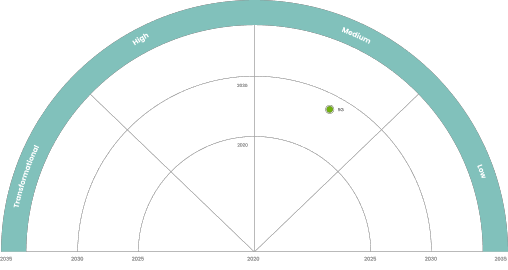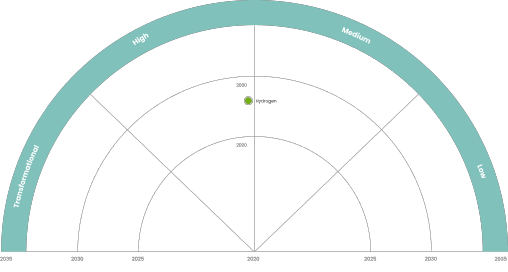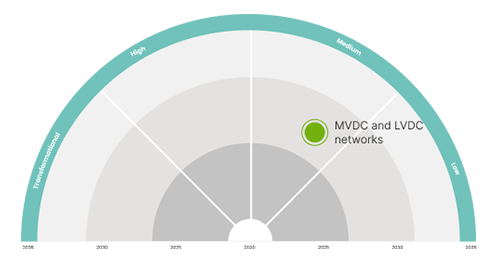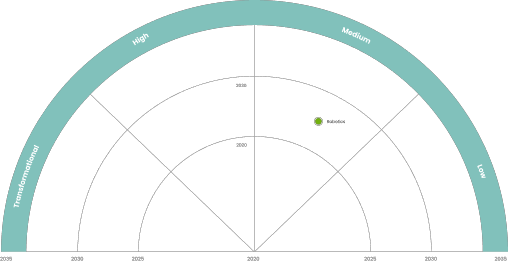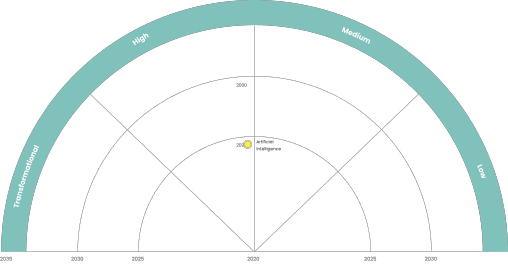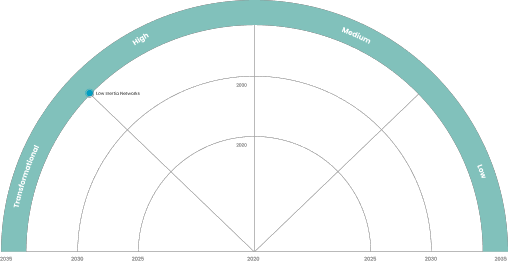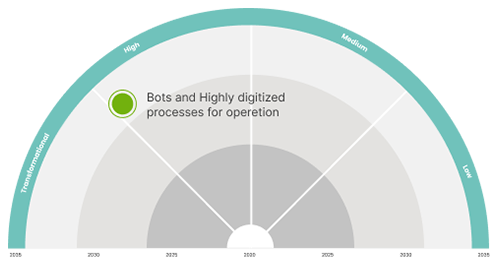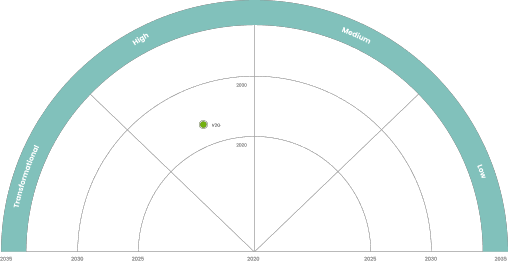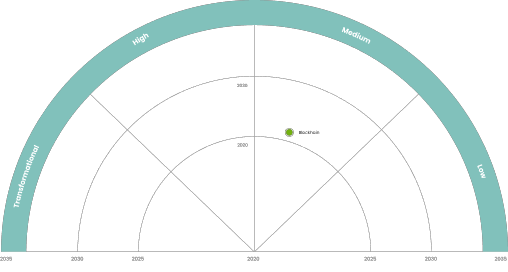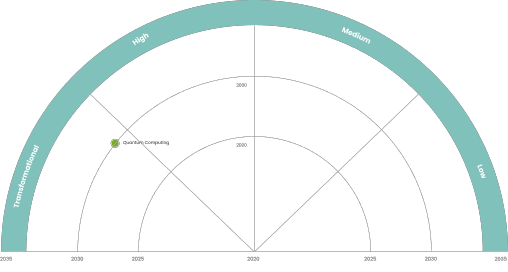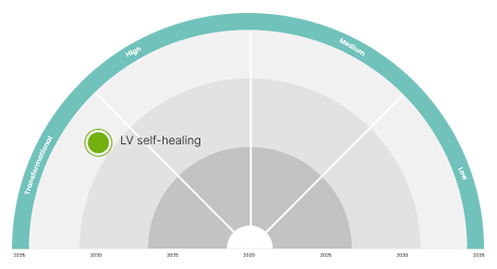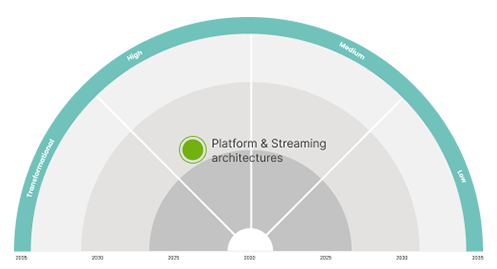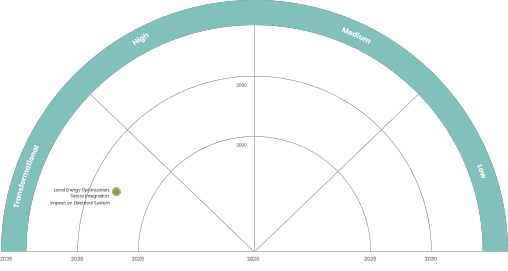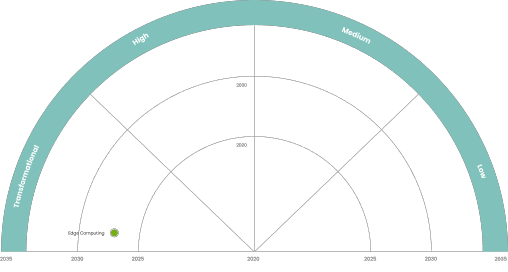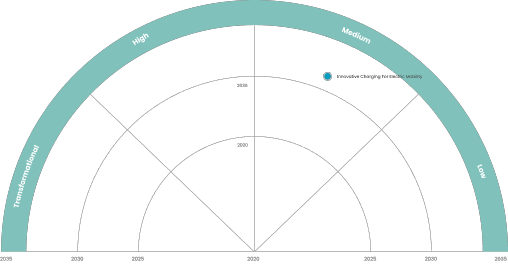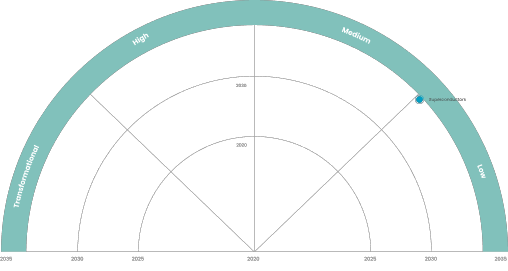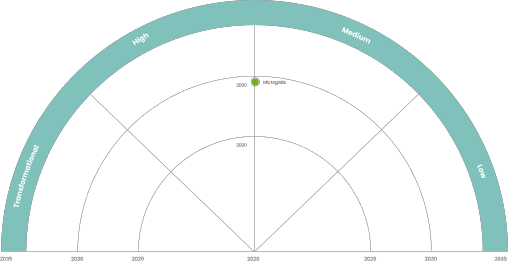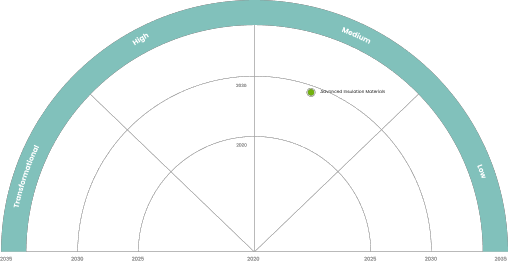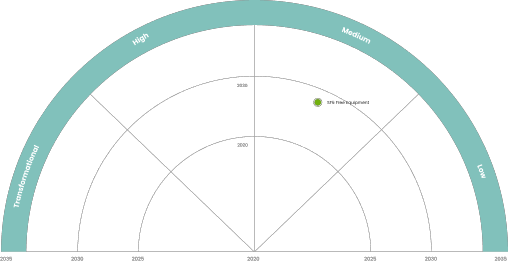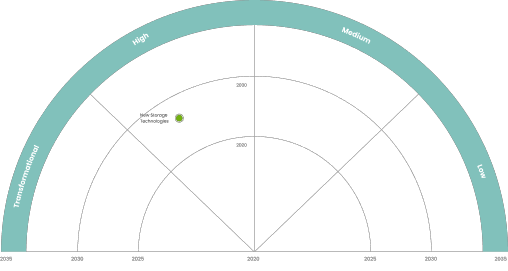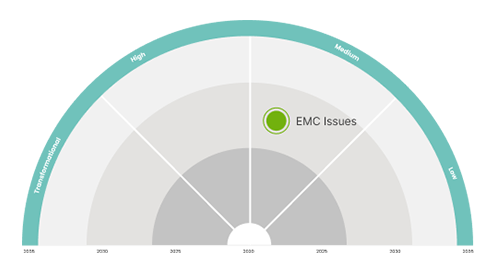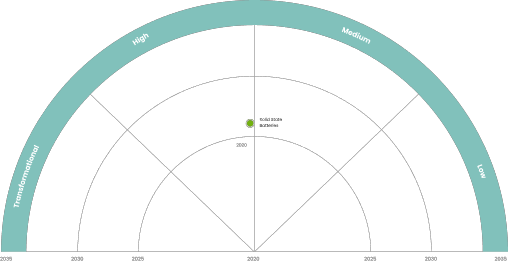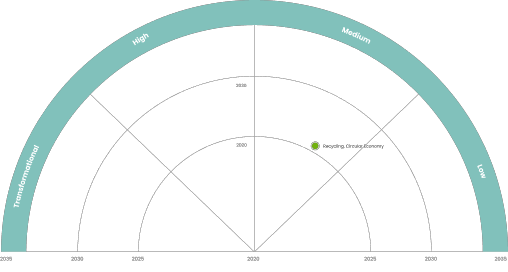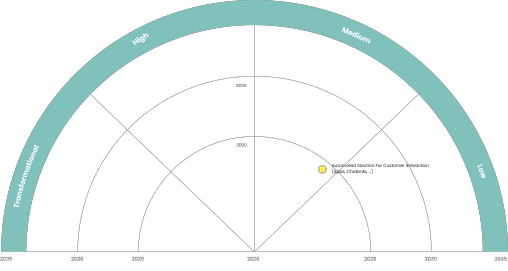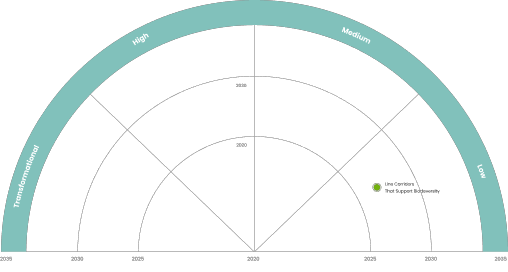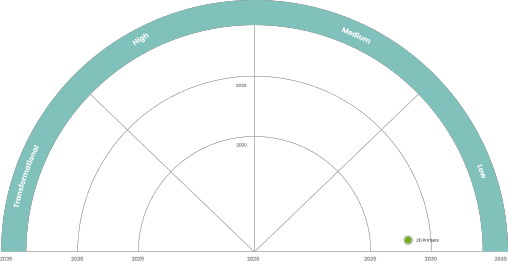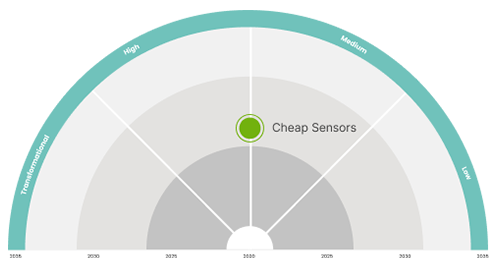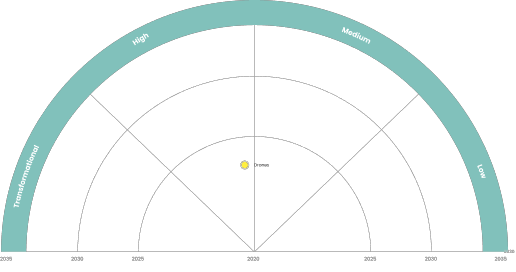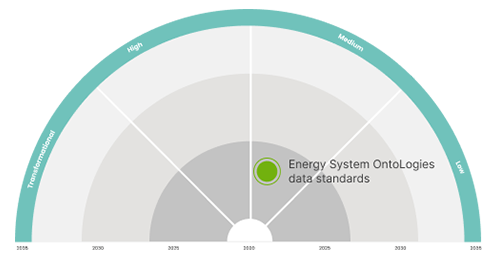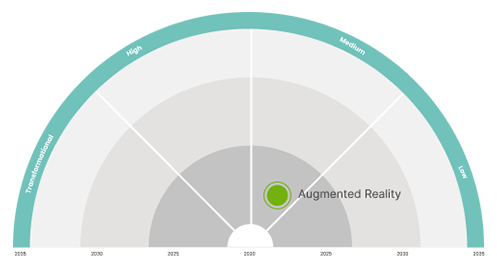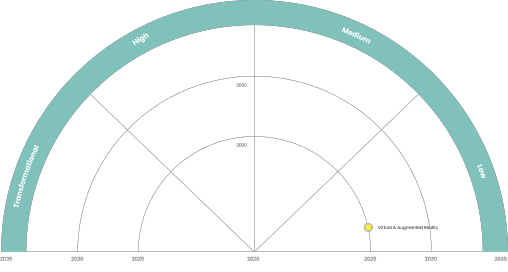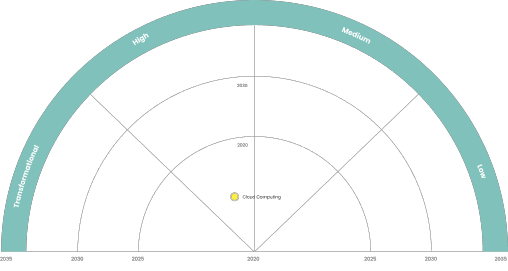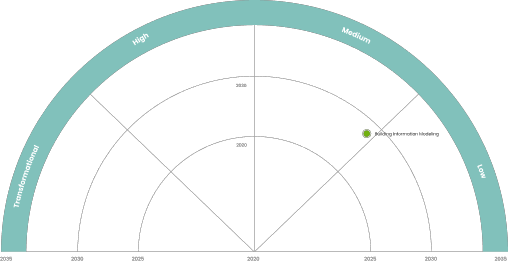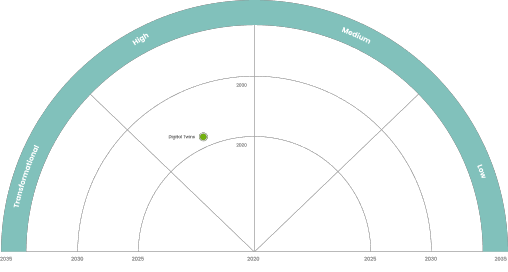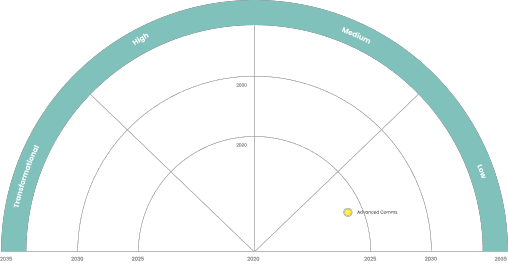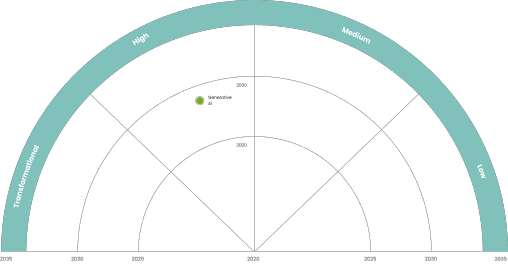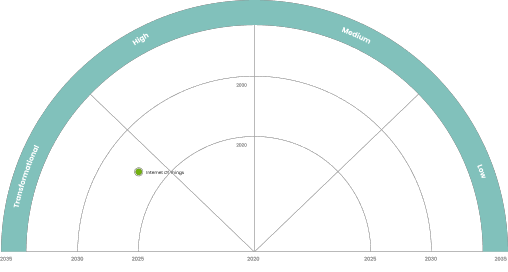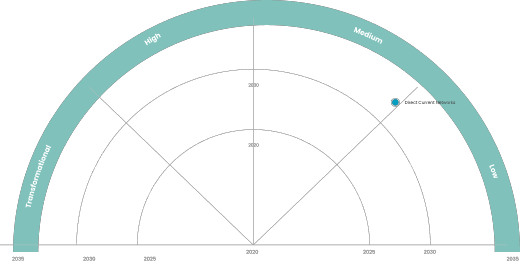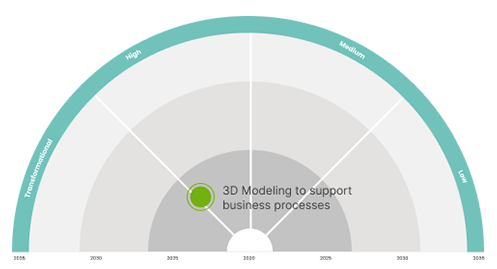Adapting distribution network tariffs to a decentralised energy future
14 October 2015, Brussels – European Distribution System Operators for Smart Grids (EDSO) has issued a position paper highlighting the need for distribution network tariff-setting to be adapted to the increasing integration of distributed renewable energy sources (DRES) and to the transition toward a more decentralised energy system.
EDSO notes that its views, for example, on limiting the use of net metering and on establishing a cost-reflective network, are aligned with those of the European Commission, expressed in the recent “Best practices on Renewable Energy Self-consumption” staff working document (July 2015).
EDSO urges national regulatory authorities (NRAs) to consider the following complementary recommendations when designing network tariffs for distribution system operators (DSOs):
Grid users should be able to:
• Self-generate and self-consume energy as long as the costs induced by their use of grid services, including insurance against periods when it is not possible to consume one’s own generated electricity, is reflected in their bill;
• Receive compensation from DSOs when adapting their energy consumption/generation in response to signals (e.g., at peak times);
• Sign up for “smart contracts” with DSOs, granting them a quicker and cheaper connection, in exchange for occasional and limited curtailment/grid disconnection/activation of storage at peak times;
• Receive clear and appropriate information before and after revised distribution network tariffs are implemented.
Operators of (non-residential) DRES should:
• Be offered reduced locational connection charges to incentivise them to connect in areas requiring less grid reinforcement and thus imposing less costs;
When engaged in tariff-setting:
• Make distribution network tariffs more capacity-based and less volumetric-based to limit revenue uncertainty for DSOs;
• Set up short price periods, ideally one year. The regulatory period, however, should not be shortened.
EDSO members are working to embrace the technical and commercial challenges of integrating an ever increasing installed capacity of DRES, including self-generation, into their networks. This DRES integration, though, demands the adoption of regulatory practices which will ensure it is done in a socially and economically fair manner.


